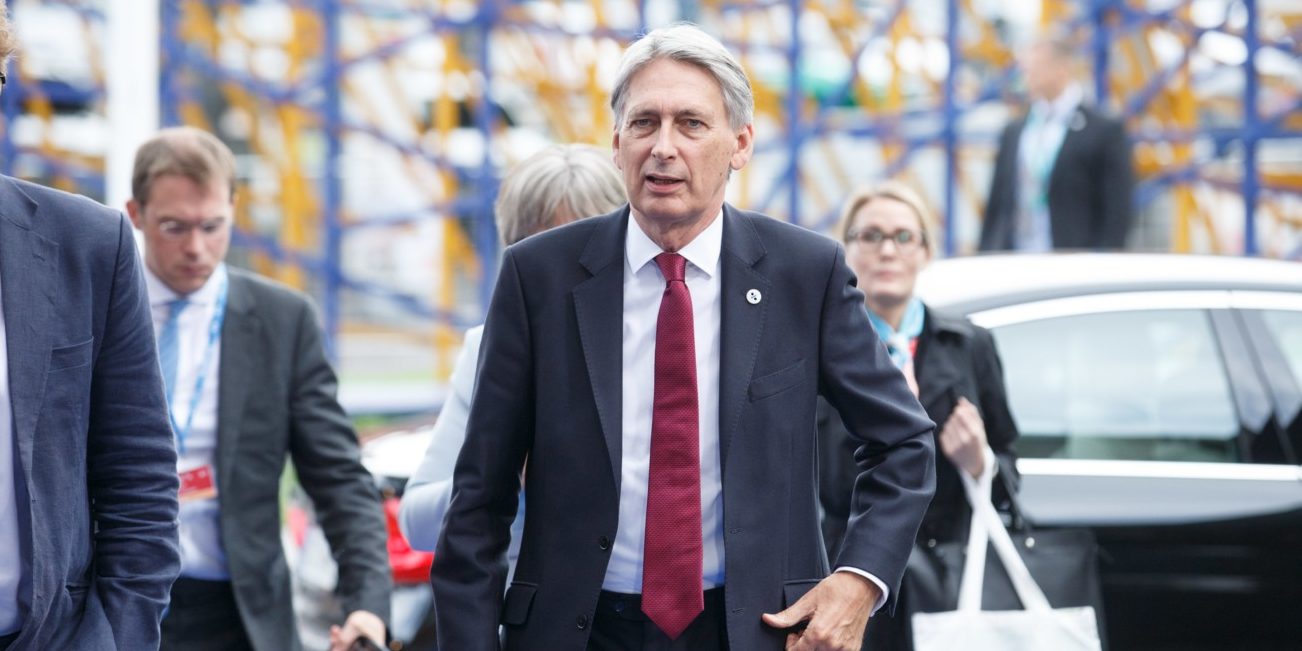Chancellor of the Exchequer vows an end to austerity in new Budget
Yesterday, Philip Hammond, the Chancellor of the Exchequer, announced on behalf of Westminster’s annual Budget his vow to end austerity.
As a consequence, this has resonated a new approach to higher education policies, such as the continued freeze of tuition fees, meaning a £200 million fall in funding for universities by 2023-24.
Critiquing Hammond’s proposals, Mark Condren, Political Affairs Officer for Universities UK, said: “As expected, the Budget was otherwise silent on funding and student finance, with both the post-18 review and the review of the Office for National Statistics (ONS) on student loan accounting still ongoing.”
As part of the post-18 review, the government has continued to maintain its long-standing commitment to ensure “all students are given a genuine choice between high-quality technical, vocational and academic routes in a system accessible to all”.
The Treasury concluded that “students and taxpayers are getting value for money; and employers can access the skilled workforce they need”.
However, further information on this area will only be available for universities nearer to the time of the spending review next year.
Furthermore, the Budget revealed little on public service pensions, an increasingly prominent concern of universities, especially post-1992 institutions with a substantial amount of employees in the Teacher Pension Scheme.
In terms of research, the government has committed itself to offering £1.6 billion in funding. This includes £1.1 billion for the Industrial Strategy Challenge Fund, £120 million for the Strength in Places fund, £150 million for research fellowship schemes, alongside funding for university enterprise zones and catapult centres.
The government’s aim to maintain an interest in apprenticeships accompanied recommendations made by Universities UK to provide a more diverse education outside the sphere of traditional undergraduate degrees was also prevalent in the Budget.
“A package of investment to halve the levy contribution of smaller firms to 5% and allow employers to transfer training funds to their supply chains” is set to be introduced, said Universities UK.
The Chancellor has also promised to increase financial support for mental health services in universities, an issue that is currently being reviewed by universities across the UK.
However, overall, in light of the uncertainties that the Brexit negotiations pose, the announcements made in the Budget could be threatened.
Nevertheless, the Chancellor has pledged to “take whatever action appropriate”, if any changes threaten to affect the economic propositions due to the outcome of the deal.

Comments
Comments are closed here.